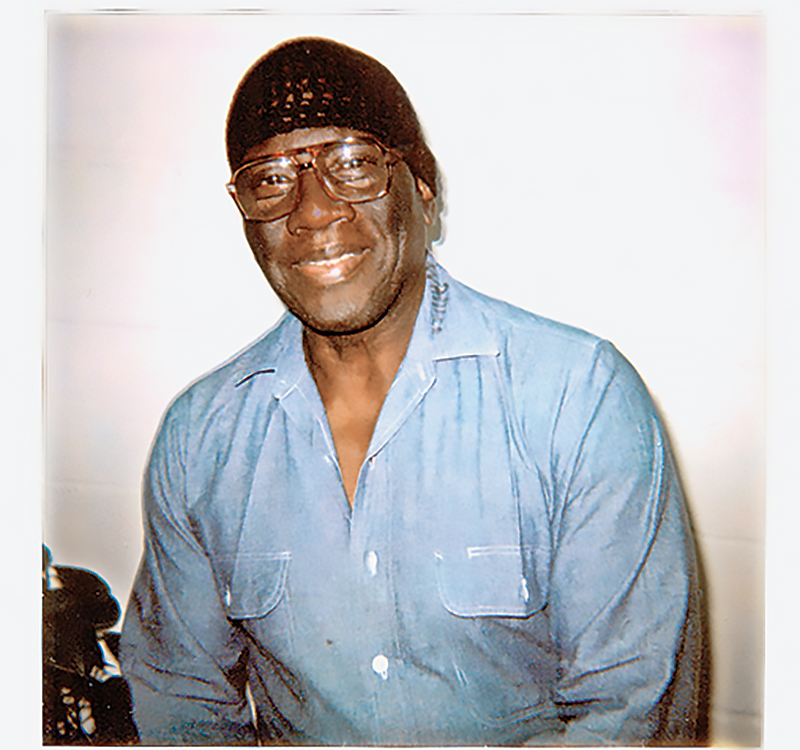“If we are trying to change people’s minds, we need to change their hearts,” says documentary film producer Lisa Valencia-Svensson (BA 1990 UC), who traces her work on the film Herman’s House back to the activism of her student years. “We want to hear a good story about someone’s struggles. When we care about one person, we care about the issue.”
The issue in Herman’s House is the inhumanity of solitary confinement. The person is Herman Wallace, confined alone for almost 40 years, in a two-by-three metre cell, in a Louisiana prison. The story is his 12-year collaboration with artist Jackie Sumell, who asked Wallace to describe his dream house, then worked with him to design it.
“It’s rare that you never see your subject,” says Valencia-Svensson of the film, in which Wallace is only present through his voice. His inaccessibility not only emphasizes his situation, but challenged the filmmakers to find innovative ways to make him visible. His powerful story is all about “imagination and creativity,” she says, “and the role they play in responding to injustice.” The film’s premiere on PBS in 2013 earned it the Emmy for Outstanding Arts & Culture Programming in 2014.
Herman’s House is available on DVD.
Watch a trailer for Herman’s House
Video courtesy Film Festivals and Indie Films
Recent Posts
People Worry That AI Will Replace Workers. But It Could Make Some More Productive
These scholars say artificial intelligence could help reduce income inequality
A Sentinel for Global Health
AI is promising a better – and faster – way to monitor the world for emerging medical threats
The Age of Deception
AI is generating a disinformation arms race. The window to stop it may be closing




